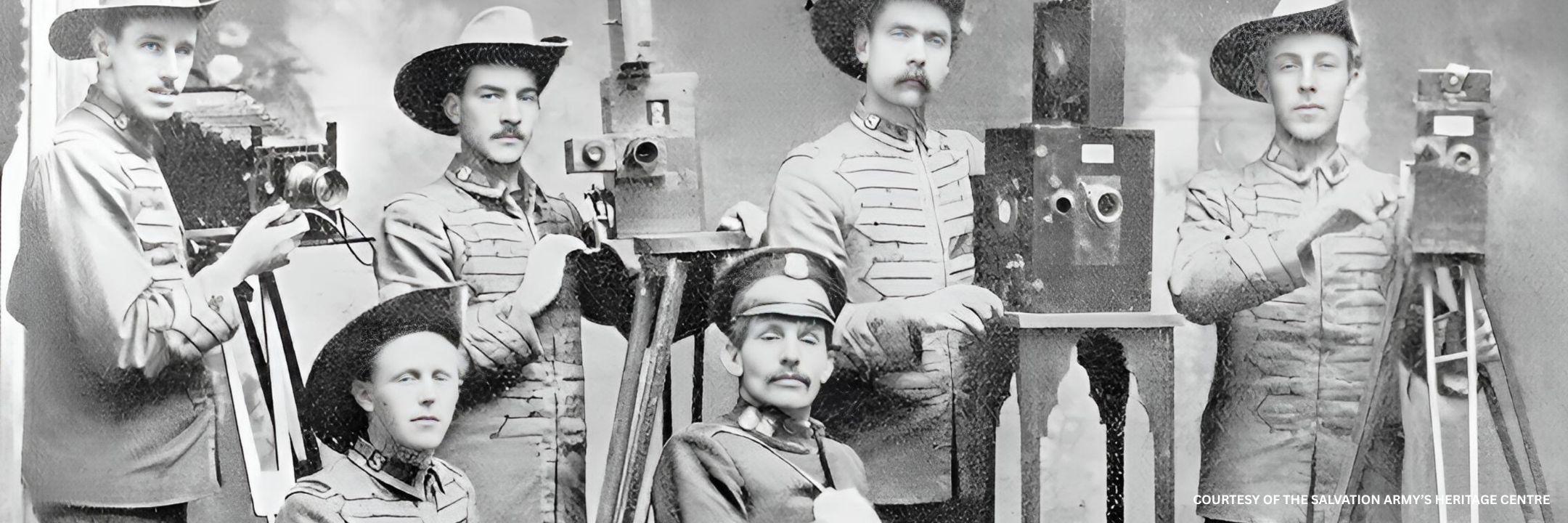The Limelight Department’s multimedia innovations shaped modern media by blending film, music, and live performance. Their focus on community stories and social impact continues to inspire filmmakers, educators, and advocates today.

The Salvation Army’s Limelight Department was more than a pioneer in early Australian film—it laid the groundwork for the ways we tell stories and share information today. Its blend of technology, creativity, and social purpose continues to influence modern media and community engagement.
The Limelight Department’s productions seamlessly combined film, lantern slides, live music, and narration. This multimedia approach anticipated the integrated experiences we now see in digital storytelling, live events, and even online platforms.
By merging different art forms and technologies, the department established new standards for audience engagement. Their events were immersive, participatory, and memorable—qualities that remain central to effective media today.
The department’s films didn’t just entertain—they inspired action. By highlighting social issues and celebrating community resilience, the Limelight team demonstrated the power of media to drive social change, a principle that continues in today’s cause-driven campaigns and documentaries.
Much like today’s social media and grassroots movements, the Limelight Department placed community stories and real people at the heart of their productions, ensuring authenticity and impact.
Many techniques pioneered by the Limelight Department—such as combining visuals with live performance and using media for advocacy—became foundational practices in Australian film and global media industries. Their legacy is seen in everything from educational programming to multimedia worship and social campaigns.
Modern filmmakers, educators, and community leaders still draw inspiration from the Limelight Department’s innovative spirit. Their work reminds us that technology, when paired with purpose, can transform societies and leave a lasting legacy.
For more on the Limelight Department’s influence on modern media, explore:
Documenting the story of the one of the world's first film studios, founded in Melbourne 1891.